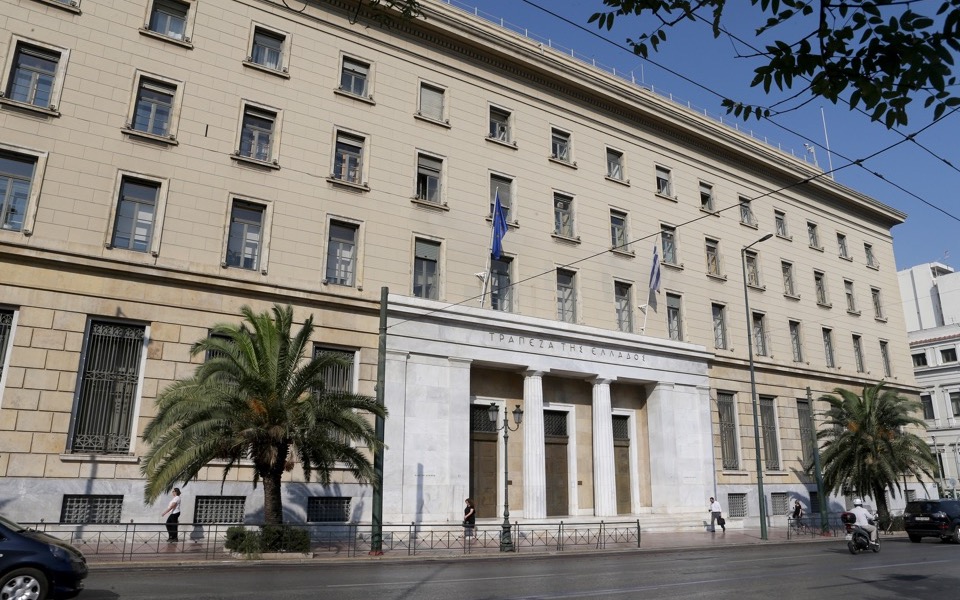BoG to offer ‘bad bank’ plan by end-May

The Bank of Greece is working on a plan for the creation of a “bad bank” to which all nonperforming loans (NPLs) of banks will be transferred. The central bank intends to present the plan to the banks, the government and the European Central Bank’s Single Supervisory Mechanism (SSM) by end-May.
The BoG believes that, under the new conditions the coronavirus pandemic has created, the existing plan for the reduction of NPLs through securitization cannot be implemented fast enough for banks to play their customary role and finance the economy.
The main point of the plan is the transfer of bad loans over three months past due, aiming at the immediate easing of pressure on banks’ financial data, as securitizations would require at least another year before the market reverts to normal. The plan will be voluntary, allowing every lender to choose the portfolios it will transfer to the bad bank without reversing the agreements it has signed with servicers of bad loans.
The creation of a bad bank is being considered due to the projected increase in the stock of NPLs by at least 10 billion euros due to the Covid-19 crisis, to be added to the €70 billion the financial crisis of the 2010s bequeathed to the credit sector.
On this basis a bad bank solution should be the catalyst for streamlining all of the credit sector’s NPLs, and not just a share of them as the securitizations will attempt.
The BoG has been working in this direction since the outbreak of the pandemic in March, and the proposal is set to be submitted to the SSM, which has every reason to seek a drastic solution for the quickest possible return of the credit sector to normalcy. After all, the idea of a bad bank has been supported since 2017 by the current head of the SSM, Andrea Enria, who as the chief of the European Banking Authority had spoken in favor of the creation of a bad bank to undertaken NPLs of €1 trillion from across the European Union.
Sources say the solution for Greek banks will also take into account the problem of deferred tax assets, which will form an indispensable part of the solution so that this becomes more attractive to new investors without reducing the value of existing stakeholders.





